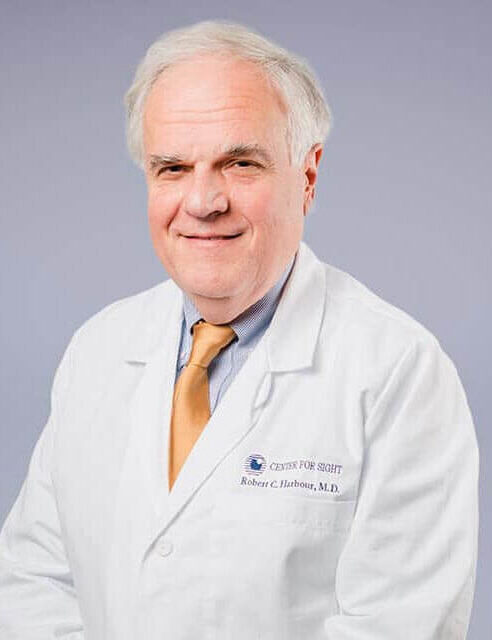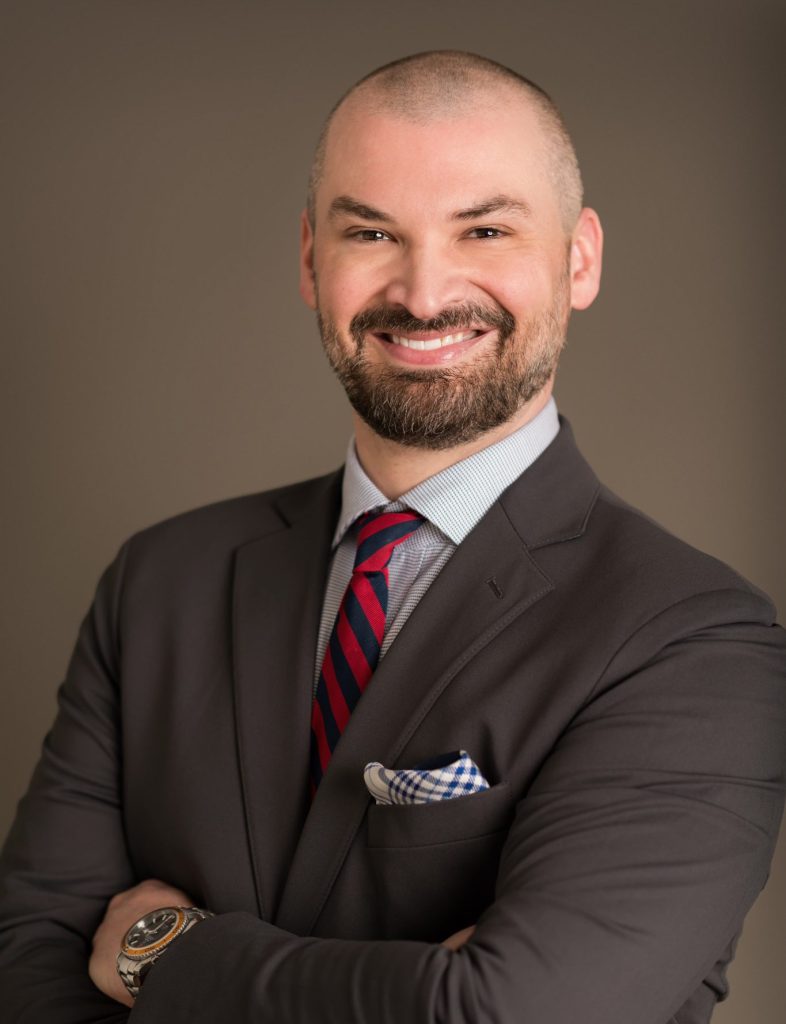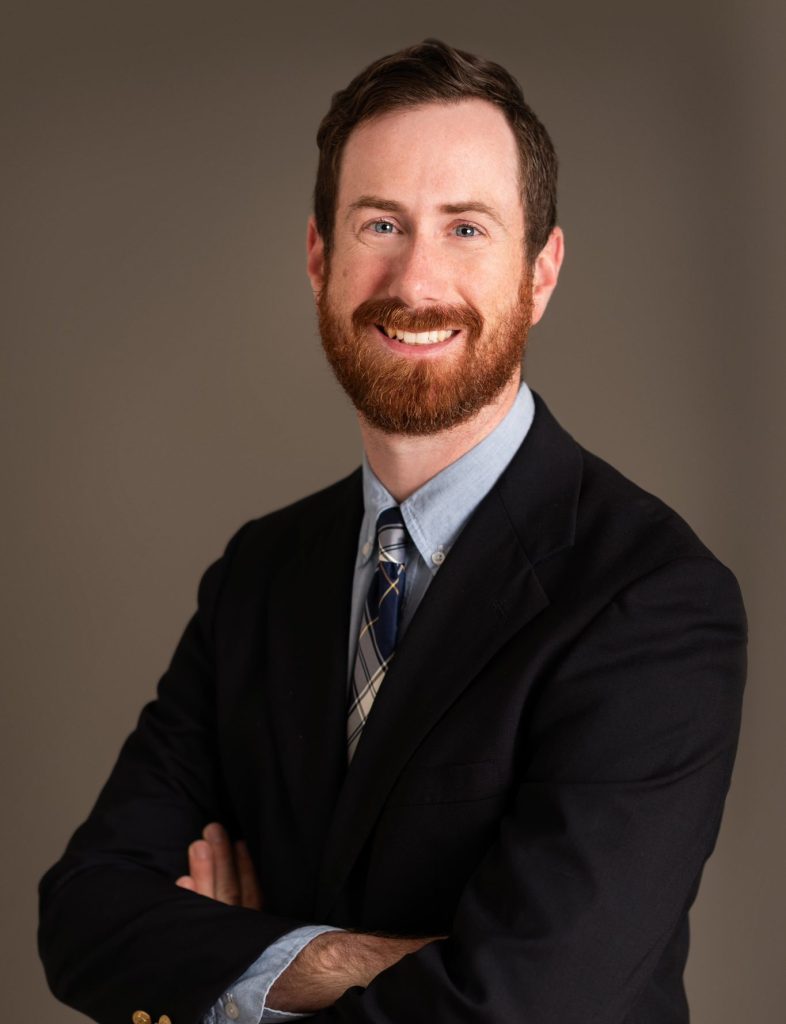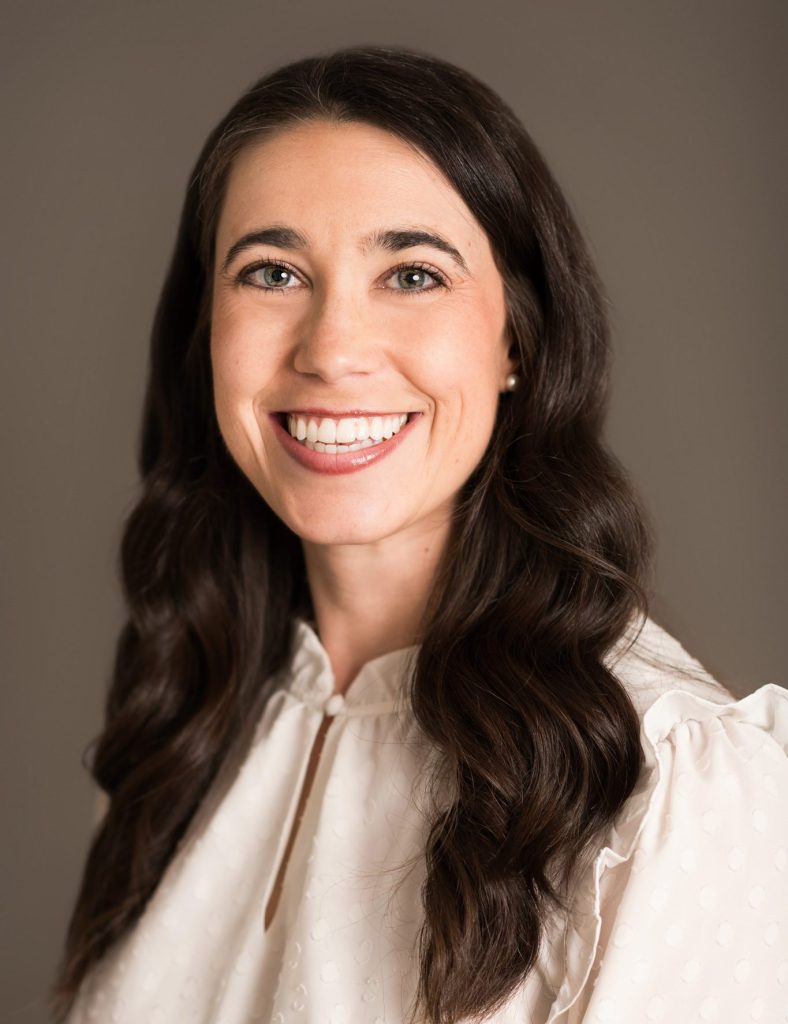Eye Exams
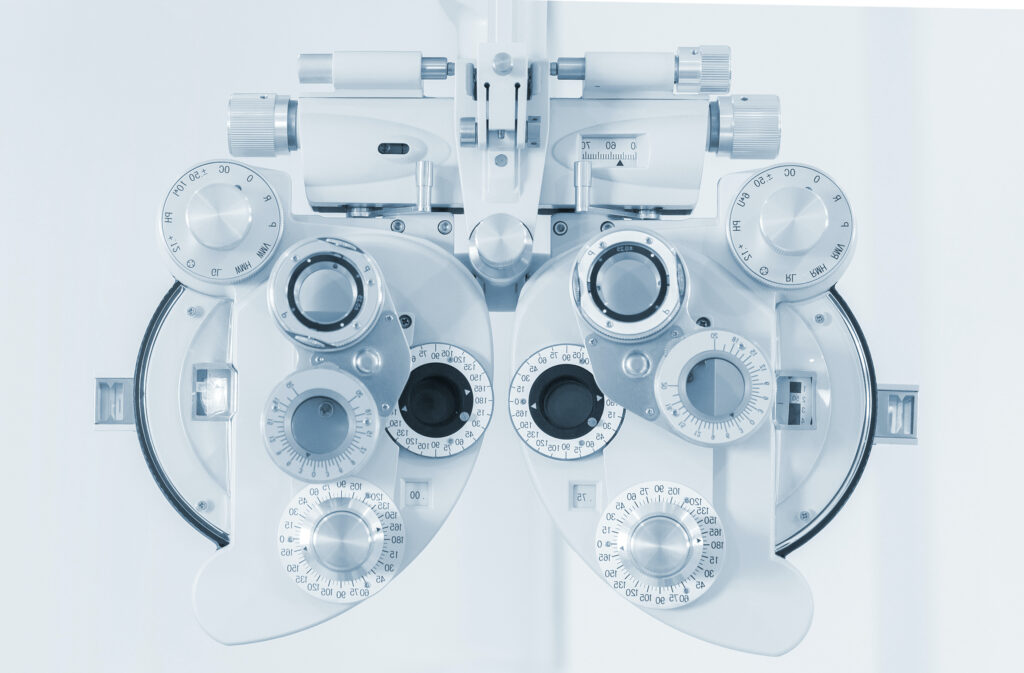
Eye Exams at Center for Sight
A comprehensive eye exam is an important part of monitoring your overall health and wellbeing. Annual eye exams allow your doctor to stay ahead of progressive eye diseases that initially have no symptoms. Early detection and treatment may help minimize the severity of these conditions.
One of the most unique and challenging aspects of treating eyes is the fact that damage may have already been done by the time a problem is uncovered. It is difficult, and, in some cases, impossible to restore vision that has been lost due to severe ocular diseases. This is why a preventative and proactive approach to eye health is so critical.
We encourage that everyone, young and old, undergo an annual comprehensive eye exam. If you’ve been previously diagnosed with an eye disease, or have a condition that may affect your eye health, you should follow your doctors’ recommendations.
What to Expect
A comprehensive eye exam can take upwards of two hours to complete depending on the number of tests that may need to be conducted. This exam may take longer than a typical doctor appointment, but this is a small price to pay to ensure that your vision is safeguarded.
During a comprehensive eye exam, your eye care professional will use several different tests to fully assess your eyes, including:
- Visual acuity tests determine how well you are currently seeing with and without correction.
- Eye movement testing helps your eye care professional determine how well your eyes are able to work together to follow a moving object.
- Refraction testing is done to determine a glasses prescription and as a diagnostic tool to track your vision.
- Slit lamp exams enable your eye care professional to examine small sections of your eye in great detail.
- Glaucoma testing involves measuring the pressure inside of your eyes.
- Visual field testing evaluates your peripheral vision for the presence of blind spots.
- Dilated eye exams require your physician to use eye drops to dilate your pupils. This allows for a better view of the inside of your eye. Dilation will make your eyes much more sensitive to light, so you may need to wear sunglasses for a few hours following the exam.
In addition to these tests, your eye care professional will take a detailed family and medical history. This information can be used to help determine if you are at a higher risk for certain eye diseases.
If you would like to schedule a comprehensive exam, call Center for Sight at (850) 476-9236.

